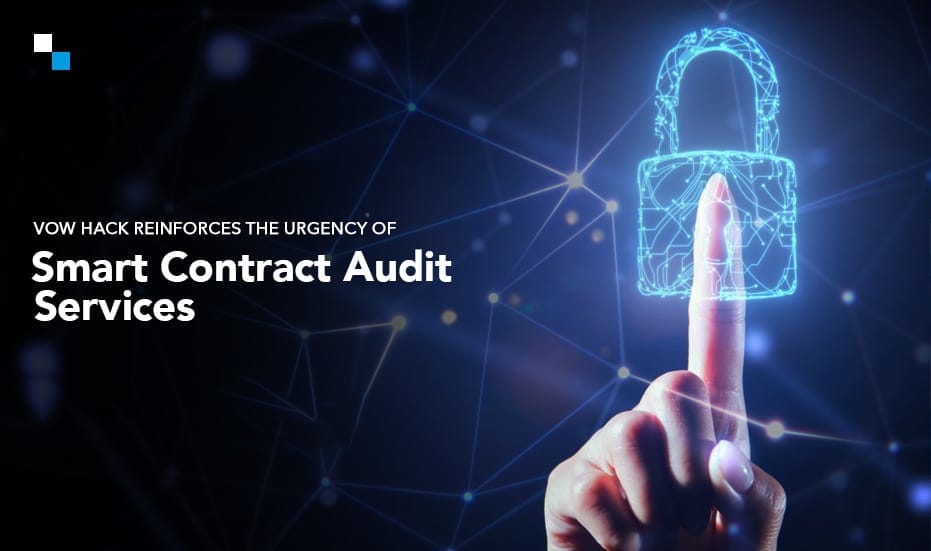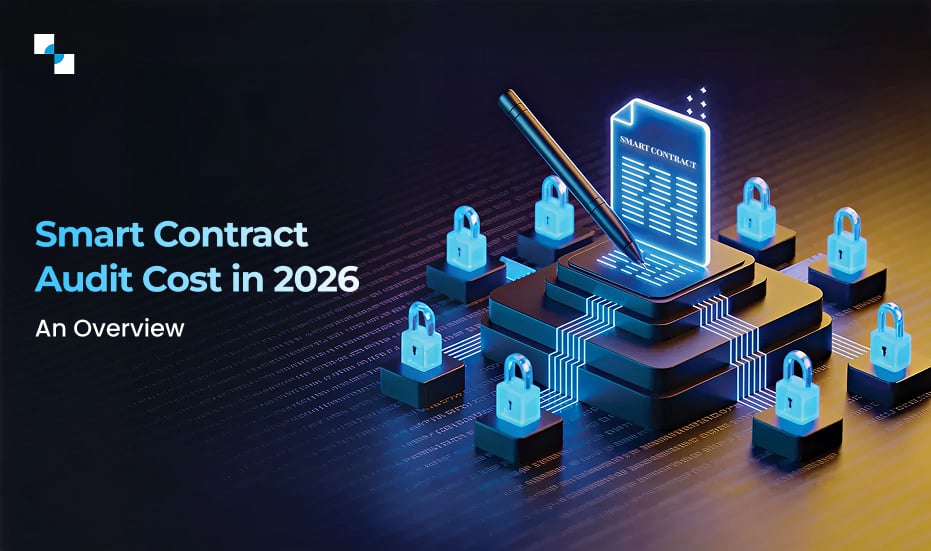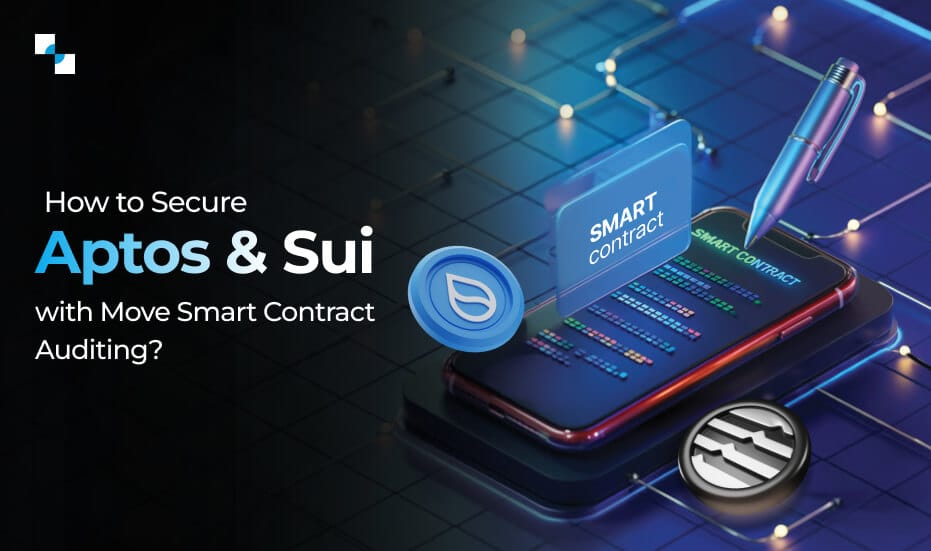In August 2024, the cryptocurrency community was shaken by news of a significant security breach in the Vow token contract. The attacker exploited a vulnerability in the project’s smart contract testing process, managing to mint an astounding v$2 billion worth of tokens. Subsequently, the hacker sold out the illegally created tokens, and this ill booty gave the project and all its stakeholders an estimated loss of $1.2 million.
This incident pushed through into the DeFi domain, raising serious concerns about smart contracts’ security as well as risks associated with inadequate auditing practices. The Vow hack is a stark reminder of the potential consequences when proper smart contract auditing services are neglected. It highlights the importance of thorough security reviews during smart contract development and deployment. Failure to consider these important measures opens up vulnerabilities into the project, which goes deeper to bring severe financial and reputational damage. The Vow case serves as a cautionary tale, underscoring the need for robust auditing practices to safeguard the DeFi ecosystem.
Could Vow Hack Have Been Avoided?
Needless to say, the Vow Hack raised serious security concerns regarding blockchain. Several investors today are questioning whether it could be avoided. One of the most important factors that may have precluded the hack, of course, is the use of smart contract auditing. An in-depth audit by a well-known smart contract audit company can detect vulnerabilities before malicious actors exploit them.
The smart contract audit cost is a relatively minor investment in comparison with the potential loss resulting from a breach, one as egregious as with Vow. Even though some people are reluctant to spend audit costs, they must look at it as a long-run savings. A security breach may not only lead to monetary loss but also include reputational damage.
Experienced smart contract auditing firms empower the blockchain ventures by ensuring that smart contracts are thoroughly tested and have become resistant to hacking attempts. In hindsight, if Vow had prioritized a robust auditing process, the hack might have been avoided, protecting both the platform and its users from significant damage.
The Importance of Smart Contract Audit Services
The Vow hack is proof of the indispensable role that smart contract audit services play in safeguarding the integrity and security of blockchain projects. Smart contract audits are the vigorous tests of code underpinning blockchain applications to detect vulnerabilities, bugs, and possible exploits before hackers avail themselves of them.
Key benefits of smart contract audit services include:
1. Vulnerability Detection
Professional auditors from a reputed smart contract audit company use advanced tools and techniques to scrutinize smart contract code, identifying potential security flaws that might be overlooked by developers.
2. Code Optimization
Beyond security, audits can help improve the efficiency and performance of smart contracts, potentially reducing gas costs and enhancing overall functionality.
3. Compliance Assurance
Audits ensure that smart contracts adhere to best practices and industry standards, which is crucial for regulatory compliance and user trust.
4. Reputation Protection
By preventing hacks and vulnerabilities, audits protect a project’s reputation, which is vital for long-term success in the competitive blockchain space.
5. Investor Confidence
Smart contract auditing firms perform thorough audit that instill confidence in potential investors and users, demonstrating a commitment to security and professionalism.

The Smart Contract Audit Process
A Smart contract audit typically includes all or some of the following steps:
1. Initial Assessment
Smart contract audit services go through all project documentation and architecture to get a general understanding of the smart contract context.
2. Automated Analysis
Auditors use a set of specialized tools to scan the code for checking vulnerabilities and common problem areas.
3. Manual Code Review
The code is thoroughly reviewed line by line by experienced auditors from a seasoned smart contract audit company. It helps detect logical errors, security flaws and optimization opportunities.
4. Testing
A range of tests are performed, including multiple unit tests and integration tests, to test whether the contract behaves as expected under various scenarios.
5. Report Generation
A comprehensive report is produced detailing findings, vulnerabilities, and recommendations for improvement.
6. Remediation
The project team works to remediate the issues, commonly under the guidance of the auditors. In case of large projects, seeking the help of more than one smart contract auditing firms eliminates the chances of any security flaw or mistakes in drafting fully functional codes.
7. Final Review
A subsequent audit may be undertaken to confirm that all potential issues identified have been remediated appropriately.
Smart Contract Audit Cost: An Investment in Security
The cost of smart contract auditing depends on the complexity and scope of the project, but it is not a cost, it’s rather an investment in the whole project. The range for the cost of a smart contract audit is from a few thousand dollars for a simple contract and tens of thousands of dollars for more complex systems.
Contemplating the potential loss in terms of money and reputation if there is a security breach, what is the price of an in-depth review? For example, hacking the Vow is estimated to be at $1.2 million in loss; that single case alone can tell one how a flaw in security could spell disaster.







